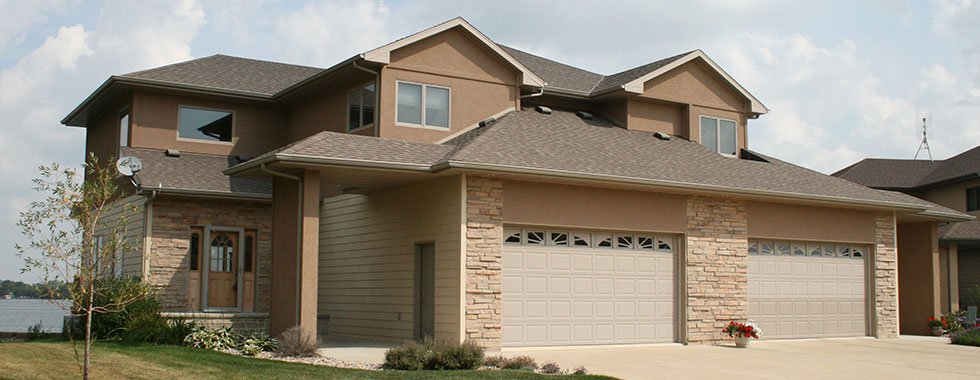
Introduction:
Inheriting a house can be both a blessing and a responsibility. While it often comes with sentimental value and the potential for financial gain, there are also important considerations regarding taxes that need to be addressed, especially when it comes time to sell the inherited property. In Eastern, understanding the tax consequences of selling an inherited house is crucial to avoid any unexpected financial burdens or complications. This comprehensive guide aims to shed light on the tax implications involved in selling an inherited house in Eastern, covering key aspects such as capital gains tax, basis adjustment, estate tax, and potential deductions.
Understanding Basis:
Before delving into the tax implications of selling an inherited house, it’s essential to grasp the concept of basis. Basis refers to the value assigned to an asset for tax purposes, typically its purchase price. However, when it comes to inherited property, the basis is adjusted to the fair market value (FMV) of the property at the time of the decedent’s death. This adjustment is commonly known as the “stepped-up” basis, as it resets the basis to the property’s FMV, effectively minimizing capital gains taxes upon sale.
Capital Gains Tax:
Capital gains tax is one of the primary tax considerations when selling an inherited house in Eastern. It applies to the difference between the sale price of the property and its adjusted basis. Thanks to the stepped-up basis, beneficiaries often inherit the property with a basis equal to its FMV at the time of inheritance. As a result, if the property is sold shortly after inheritance and its value hasn’t appreciated significantly, the capital gains tax liability may be minimal or even non-existent.
However, if the property is held for an extended period and experiences appreciation in value, capital gains tax may become a significant factor upon sale. In Eastern, capital gains tax rates vary depending on factors such as the duration of ownership and the individual’s income tax bracket. Short-term capital gains, from properties held for less than a year, are typically taxed at higher rates than long-term capital gains.
Estate Tax:
Estate tax is another consideration, although it primarily affects the estate of the deceased rather than the beneficiary selling the inherited property. In Eastern, estates exceeding a certain threshold may be subject to estate tax. However, it’s worth noting that the vast majority of estates don’t owe federal estate tax, as the exemption threshold is quite high. Additionally, some states may have their own estate tax laws, so it’s essential to consult with a tax professional to understand any potential estate tax implications.
Tax Deductions and Expenses:
When selling an inherited house in Eastern, beneficiaries may be eligible for certain tax deductions and credits that can help offset the tax liability. Common deductions include expenses directly related to the sale of the property, such as real estate agent commissions, legal fees, and closing costs. Additionally, any improvements made to the property after inheritance may also be deductible, as they can increase the property’s basis and reduce capital gains taxes.
Tax Planning Strategies:
To minimize tax liabilities when selling an inherited house in Eastern, beneficiaries can employ various tax planning strategies. One approach is to consider the timing of the sale, aiming to sell the property when capital gains tax rates are favorable or when other income-reducing strategies can be utilized. Additionally, strategic use of deductions and credits can help optimize tax outcomes. Consulting with a tax professional experienced in estate and property taxation can provide valuable guidance in developing an effective tax strategy tailored to individual circumstances.
Conclusion:
Selling an inherited house in Eastern can trigger various tax implications that beneficiaries need to navigate carefully. Understanding the basis adjustment, capital gains tax, estate tax, and available deductions is essential for making informed decisions and minimizing tax liabilities. By leveraging tax planning strategies and seeking guidance from knowledgeable professionals, beneficiaries can effectively manage the tax consequences associated with selling an inherited property, ensuring a smoother and more financially favorable transition.

